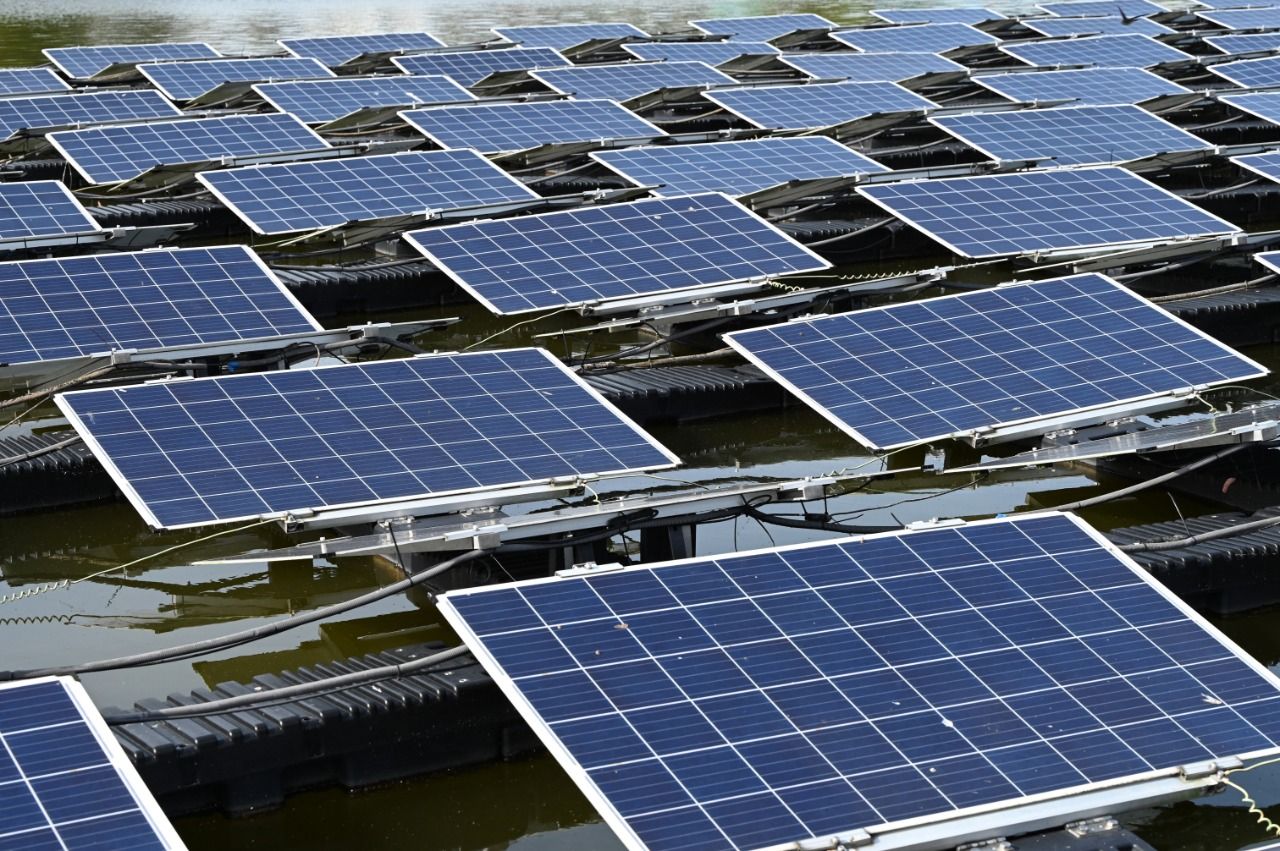The US government is planning to cut federal land and property costs for the solar and wind energy developers in a bid to promote renewable energy resources to combat global warming. The administration will review the federal land policy for renewable power projects as a part of the effort, Reuters reported.
“We recognise the world has changed since the last time we looked at this and updates need to be made,” Janea Scott, senior counsellor to the US Interior Department’s assistant secretary for land and minerals, told Reuters.
Interior Department’s Bureau of Land Management (BLM) on Tuesday announced that it has initiated a process to revise renewable energy regulations in September. The process started with four public listing sessions on permitting and rights-of-way on public lands and separate consultations with Native American tribes.
According to Reuters, the review sessions will primarily focus on rent lease schedules and rights-of-way fees for solar and wind energy projects, application processing times and environmental justice considerations.
The move comes after the clean power industry argued that lease rates and fees are too high to draw investment and could discourage US President Joe Biden’s climate change agenda.
Europe floods were nearly 9 times more likely due to climate change: Study
The move to make acquisition and price of vast federal land to renewable energy developers addresses the industry’s demand for more land and also aligns with Biden’s goal to decarbonise the power industry by 2035, a target that requires an area bigger than the Netherlands for the solar industry alone, as per research firm Rystad Energy.
Under former President Barack Obama 2016 introduced policy, some major solar projects pay $971 per acre per year in rent, along with over $2,000 annually per megawatt of power capacity.
Comparatively, wind project rents are generally lower, but their capacity fee is higher at around $3,800, according to a federal fee schedule.
The renewable energy industry over the years has countered that the charges imposed by the Interior Department on the projects are out of sync with private land rents, which ranges below $100 per acre, and do not come with fees for power produced.






